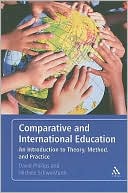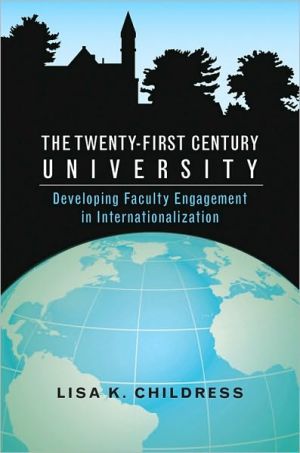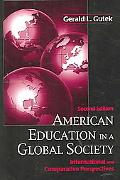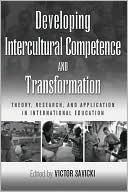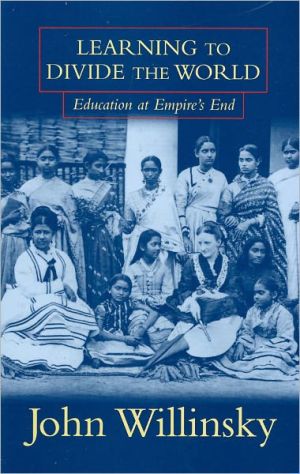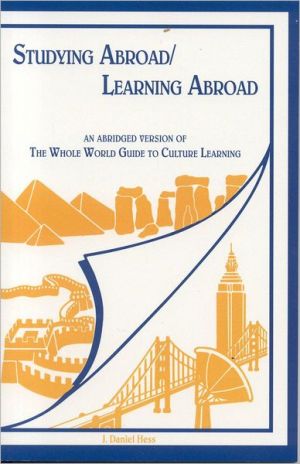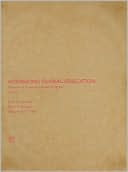Imperial Subjects as Global Citizens: Nationalism, Internationalism, and Education in Japan
Lincicome offers a new perspective on Japanese educational debates and policy reforms that have taken place under the guise of internationalization since the mid-1980s. By contextualizing these developments within a historical framework spanning the entire twentieth century, he challenges the argument put forward by education officials, conservative politicians, and their supporters in the academy and the business world that history offers no guide for addressing the educational challenges...
Search in google:
This book offers a new perspective on Japanese educational policy reforms that have been enacted under the guise of internationalization since the late 1980s. Current policy agendas are contextualized within the framework of repeated attempts to _internationalize education_ (kyoiku no kokusaika) in Japan.
1 Reconsidering the Meiji legacy 12 The Great War, international education, and the politics of peace 313 Japan's imperial internationalism 814 Educating "Japanese citizens of the world" and the problem of history since 1945 115Epilogue 159Bibliography 171Index 185
\ Journal Of Japanese StudiesVery readable and well designed....The fresh perspective the book offers on vital issues of nationalism and internationalism will ensure that it will be read by anyone with an interest in education in Japan, past, present, or future.\ \ \ \ \ American Historical ReviewThe depth with which Lincicome analyzes this public policy issue is unexpected for a historical monograph.\ \ \ Frederick R. DickinsonLincicome brings the steady hand of a practiced historian to one of the most explosive issues in contemporary Japan: educational reform. Following the vicissitudes of national education from the nineteenth century to the present, the author finds one constant: vociferous debate over how to fashion "Japanese citizens of the world." As this thought-provoking study adroitly reveals, there is never a clear separation between internationalism and cultural pride in Japanese national discourse, nor a clean victory for either.\ \


